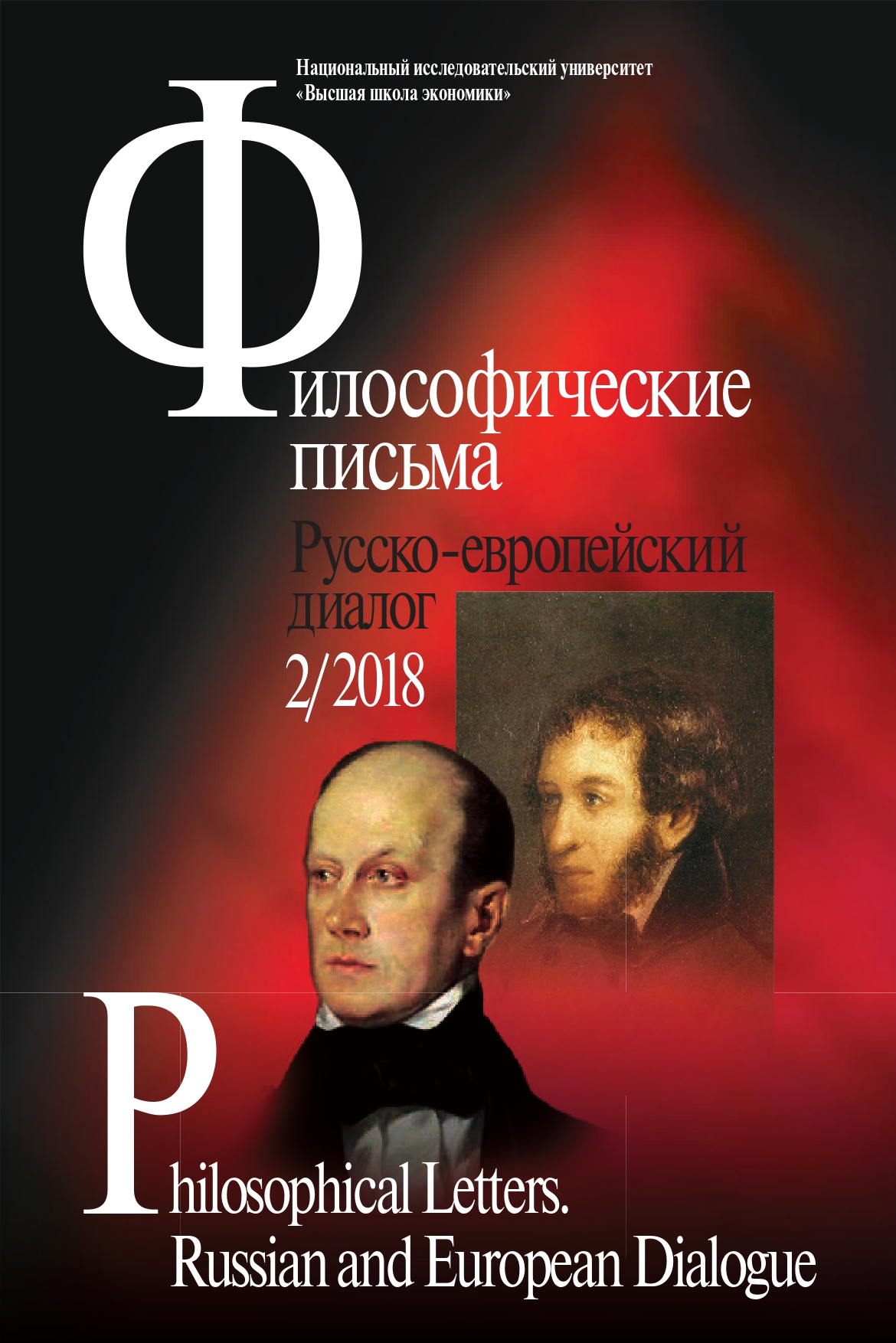Theatrum mundi Chekhov: Russian drama of modernism and its dialogue with the European Enlightenment
Abstract
In the article, Chekhov’s theater is presented as a kind of phenomenon called “theater of the world” (“Theatrum mundi”). Chekhov’s drama-cosmogonic idea of the origin and disappearance of the world. However, in the modern Russian version there is no Creator, according to which there is a world reflecting the perfection of its Creator. Theater, in the center of which is something everyday, ordinary, inconspicuous, can only indirectly convey the action of powerful cosmic forces. In this context, the natural elements of water and fire come to the fore, supporting life and then destroying it. With the infinite space and its laws, the limited theatrical world is connected not only by the elements of water and fire, but also by natural rhythms. Comprehension of the laws of nature at the same time means the knowledge that man himself is accidental, that is, is a product of complex, intertwined with each other accidents, space-time niche assigned to him only for a short time — as an individual and genus. In dramas, this niche is filled with the primary chronotope “house with a garden”, where the ordinary life of people takes place. In Chekhov’s theater hours determine the behavior and expectations of actors at crucial moments, no drama is complete without a worried or nervous look at the clock. Chekhov’s world theater, in which different types of perception of space and time are subtly differentiated, is correlated with the cosmic dimension. The rhythms of day and night, as well as the seasons are combined with the archetypal simplicity of the chronotope, “house with a garden” becomes the scene of a cosmic play, in which the fundamental conditions of life are staged in passing. Incompatible, at first glance, quantities-the limited daily life of human life and the universe destroying all borders — are placed in Chekhov’s theater near and together with each other, united by aesthetically perceived connection. Despite the staginess of the drama of Chekhov are also a philosophical meditation exercises in the stoic skepticism and ataraxie, reflection about human knowledge and its boundaries. More than under the sign of existence, they stand under the sign of formation and thus perfectly correspond to the essence of the theater, which in the best manifestations is not something that has become, but always only becoming something.

